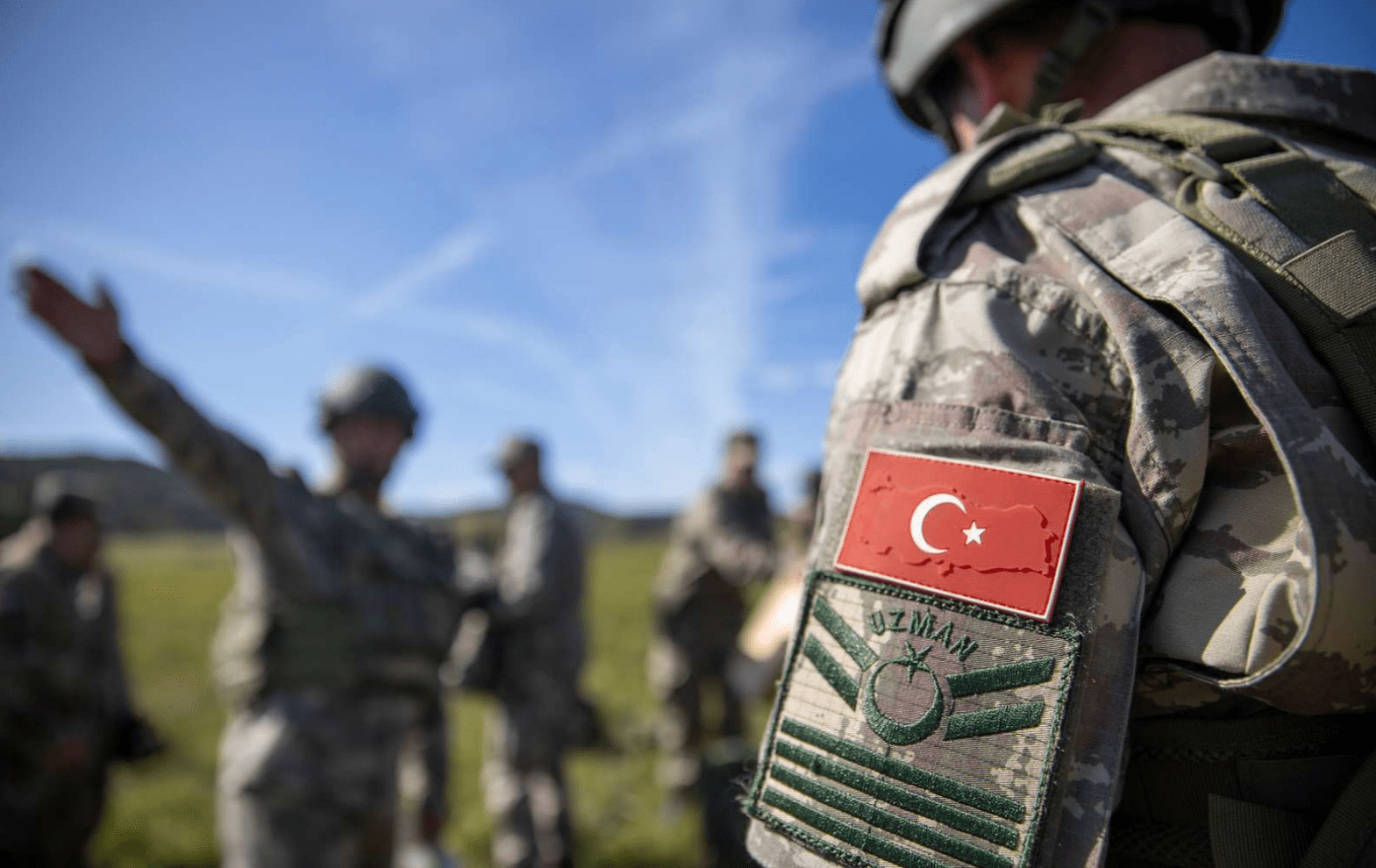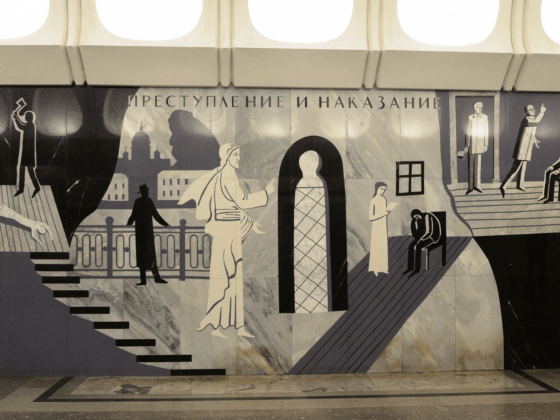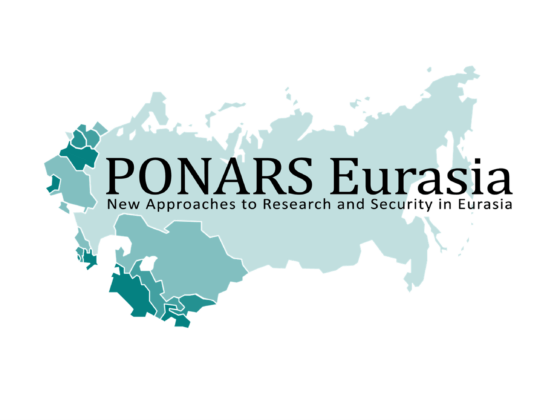(PONARS Eurasia Policy Memo) For the first time ever, an external actor and a NATO member—Turkey—became engaged in military hostilities in the former Soviet space. The Second Karabakh War in the fall of 2020 changed the configuration of external influences over the South Caucasus, culminating in the crushing defeat of Armenians. It brought Turkey to the forefront regionally while reducing Moscow’s military and political leverage. This dynamic appears to be manifest elsewhere in the post-Soviet space, reflecting limits on Russian capacity and a broader trend of world powers paying less attention to local conflicts due to the dismantling of the bipolar system. Altogether, the war’s outcome ended Russia’s military hegemony in the former Soviet region and undermined its influence.
A Blow to Russia’s Standing
The Second Karabakh War was unlike any previous war or conflict in the former Soviet space. Fighting against a member state of the CSTO, formally a Russian ally, Azerbaijan initiated and conducted a military operation in alliance with Turkey, with heavy Turkish involvement in planning and command, and large-scale use of Turkish drones and flights that took off from Turkish territory. It is a new development for an external actor to be engaged in military hostilities in the former Soviet space; it has not happened in any other post-Soviet conflict such as Transnistria, Tajikistan, Abkhazia, South Ossetia, or Eastern Ukraine. Although citizens of Middle Eastern countries driven by religious motives did fight in the Chechen wars, including Islamic radicals, some of whom came from organized groups, external state actors had never before been involved in a post-Soviet conflict.
Arguably, Turkey’s direct involvement defined the course and the outcome of the Second Karabakh War, and, in many ways, Turkey is the main beneficiary. Even before the conflict, Turkey had a strong economic presence in the South Caucasus, mainly in Georgia and Azerbaijan. From the start of the conflict, Ankara extended its support to Baku through diplomacy, economic aid, and influence campaigns. Never before had it supported Azerbaijan in the military realm in such an open and Moscow-defiant manner.[1] In the form of arms supplies, military planning, and training of officers, Turkey’s contribution enabled Azerbaijan to start and win a new type of war. It would appear that from the way the military action unfolded, Azerbaijan would have been unlikely to be victorious if it had not been for Turkey’s actions. At the very least, defeating the Armenians would not have been so rapid or devastating.
There was an obvious disparity of resources and technical capacities due to Turkish involvement between the two sides—a 20th-century army fighting against a 21st-century one. As a result, the prestige of Turkey’s model of technical modernization, military strategizing, and organization has soared amongst former Soviet players. Turkish drones have become a new symbol of success. For example, Ukraine upped its cooperation with Turkey in the realm of security, buying large quantities of modern Turkish weapons, including Bayraktar TB2 combat drones. Earlier this month, a Ukrainian Bayraktar drone successfully destroyed a single howitzer belonging to Russian-backed separatists that was shelling Ukrainian positions.
Since the fall of the USSR, Moscow has reacted aggressively to any attempt of a NATO member state to meddle in any way in the former Soviet space. However, in the fall of 2020, Moscow closed its eyes on exactly such an action—by Turkey. It merits repeating: Ankara and Baku launched and won a war in Russia’s backyard, triumphing over a long-standing Russian ally. One outcome of the war is that Turkish troops are now permanently stationed on Azerbaijani territory. Accordingly, Russia’s influence in the South Caucasus went down abruptly, while the prestige of victorious Turkey skyrocketed, particularly amongst Turkic-speaking Central Asian nations, but also among Ukrainians and beyond.
The South Caucasus has become a zone of Russian-Turkish competition. Moscow must accept Ankara’s presence in its so-called political and military sphere. The new configuration is in many ways similar to what has been happening in Syria, where Russia has to balance its interests against those of Turkey every step of the way. With a new strong player present, the security configuration of the South Caucasus will not be the same. Military security used to be Russia’s monopoly in the former Soviet space. It was a good brand, and it sold well. However, after just six weeks of conflict, Azerbaijan and Turkey showed that Russia is not the only supplier of security in the region. The stationing of Russian peacekeepers in the war zone does not compensate for this reputational damage.
Moscow may have believed that the presence of Russian peacekeepers in the conflict zone increases Moscow’s leverage over Azerbaijan. But the logic is flawed. For example, control over Abkhazia and South Ossetia has not given Russia leverage over Georgia’s domestic or foreign policy; to the contrary, Georgia has shut Russia out. The same holds for Ukraine. Even Russia’s persisting influence over Moldova is hardly the result of the presence of Russian peacekeepers in Transnistria. In contrast to Russian frozen-conflict protectorates like South Ossetia and Abkhazia, Nagorno-Karabakh is cut off from Russia proper, making Russian peacekeepers dependent on Azerbaijan and Armenia for all communications, roadways, and supplies. In fact, it is Azerbaijan that receives some leverage over Russia from this configuration, allowing it to demand concessions of various kinds.
From Yerevan, the peacekeeping operation in Nagorno-Karabakh has not increased Russian influence over Armenia either. The war damaged Russian-Armenian relations and resulted in a deterioration of Armenian attitudes toward Russia.[2] One of the reasons is that Armenia and Russia had different perceptions of how Russia’s security umbrella was supposed to work. In Armenia, the security of Armenians in Nagorno-Karabakh was never viewed separately from the security of Armenia proper. From Russia’s perspective, the two are quite different. This is because Armenia is a member state of the CSTO, but the de facto Nagorno-Karabakh Republic is not. Formally and officially, Russia made security commitments only to Armenia, not to Nagorno-Karabakh. When that came to light during the 2020 war, the discrepancy was not understood by many Armenians, and it became strongly resented by the general public. In fact, Armenia’s main incentive for joining the CSTO and cooperating with Russia in the sphere of security had been the expectation that Russia would deter Azerbaijan. When it turned out that Russia’s military umbrella was not there as expected, Armenians were deeply disillusioned by Moscow’s frozen conflict “neutrality” that only amounted to “indifference.”
Signs that Russia’s influence over Armenia is faltering are already observable. For example, as a result of the war, Russia had to extend support to Prime Minister Nikol Pashinyan, who, not long ago, was distrusted by Moscow as a pro-Western leader with mixed loyalties. The fact that Moscow now depends on the prime minister to hold up Armenia’s end of the peace agreement has allowed Pashinyan and his government to survive the war and even improve its standing with Moscow. The 2021 snap election in Armenia showed that, despite the crushing military defeat, the majority of Armenians still support Pashinyan. While Armenia has few options in the realm of security, Russia’s significance for Armenia in the ideological realm has dwindled, and, sooner or later, this will become manifest in politics.
Trust in the CSTO is as good as lost, as is faith in Moscow’s (military) power. Members and non-members of the CSTO are now aware that Russia’s support of its formal allies in the organization depends on the political state of play. Is this a sign of a deliberate Kremlin course toward self-isolation? Will Russia continue investing in the common security space? In recent years, some Russian policy analysts have questioned whether this investment is worthwhile. Has Russia been showing declining interest in the South Caucasus? Georgia is independent. Azerbaijan is self-reliant. Armenia has been a challenge since the Velvet Revolution. The South Caucasus is no longer an easy walk for Russia.
The De-globalization of Conflicts?
An emerging trend in the modern world is that global players are less and less willing to become involved in each and every local conflict around the world. Gone are the times of the Cold War when every conflict anywhere from Grenada to Palestine or Angola to Vietnam became a tense standoff between superpowers and between NATO and the Warsaw Pact. Today, the role of regional powers has risen because they are the players with genuine stakes in them. Global powers have limited their involvement to political leverage, ritualistic calls for peace, or have even simply withdrawn, with the United States leaving Afghanistan being the most striking example. Regional players now have more room for independent action than they had, certainly compared to the bipolar world. During the Cold War, it would have been extremely hard to imagine Turkey, a NATO member, launching military actions inside a republic of the Soviet Union.
While China is a global player in Central Asia, it operates as a strong regional neighbor in the spirit of the 19th-century Great Game, which had unfolded in that very region. Like Poland in the northwest and Romania in the southwest, Turkey aspires to have the role of the strong neighbor in its region. Nonetheless, the remaining Armenian-populated parts of Nagorno-Karabakh are still beyond Azerbaijan’s control. Their status remains undefined, and the physical survival of their population will now be ensured by Russian peacekeepers. The existence of these Armenian-populated territories allows Russia to maintain its military presence in the region. They are the raison d’être for Russia’s peacekeeping mission. Had Azerbaijan’s troops succeeded in solving the problem of these breakaway territories the way they did in other parts of Nagorno-Karabakh, Russia’s military presence would have been unnecessary. This was arguably the reason why Russia intervened in the war at the very last moment.
Conclusion
Russia is not leaving the South Caucasus. But the Second Karabakh War highlighted changes that are manifest across the post-Soviet space and likely represent a projection of an emerging global trend toward the de-globalization of regional conflicts. Roughly one generation after the disintegration of the USSR, the inertia of paradigms created back in the early 1990s has worn out. Interaction models are under revision. Conflicts have started defrosting in new forms. The Second Karabakh War has more in common with the Syrian war than with the First Karabakh War or the conflict in Abkhazia. Azerbaijan’s regime has become similar to that of Egypt, and the regimes of Armenia and Kyrgyzstan have more in common with some Latin American or Southern European ones than with one another.
Russia’s approach to the former USSR as its “near abroad,” elaborated during the 1990s, no longer works. What used to be Russia’s “near abroad” has moved further away. For example, the development trajectories of Turkmenistan and Georgia, albeit starkly different, have led both of these countries out of Russia’s influence zone. Russia’s relations with its former satellites have become context-dependent; the universal matrix does not function the way it once did. Moscow is now facing increased competition in its former backyard from regional players. The outcome of the Second Karabakh War sends a sign that Russia may not have the incentive or capacity to prevent changes to the status quo in “its” space. Has the disintegration of the former USSR entered a new stage?
Alexander Iskandaryan is Director of the Caucasus Institute, Armenia.
[1] For a report published one month after the war, see: Alexander Iskandaryan, “The Second Karabakh War, or The First Postpost-Soviet War,” Institute For Security Policy (ISP) Working Paper, December 2020.
[2] Reliable opinion polls are not available. The author closely monitors local and regional media and observed a post-war surge of Armenian anti-Russian sentiment.
PONARS Eurasia Policy Memo No. 722
Image credit











